Investment to ‘accelerate the sustainability journey’ of shrimp farming industry
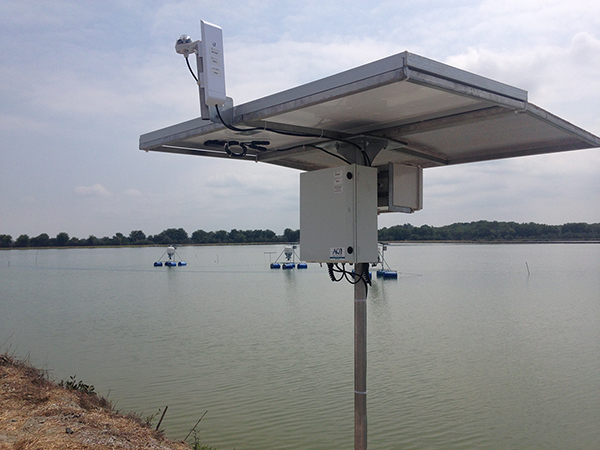
On April 7, Aquafeed supplier BioMar has announced the acquisition of AQ1 Systems, the world’s leading producer of acoustic feeding technology for the shrimp farming industry. With the investment, BioMar aims to “create new synergies between farming technologies and feed solutions” and “accelerate the sustainability journey of the industry.”
“During the last years, we have seen, that the use of intelligent feeders in shrimp farming can optimize feed efficiency, production yield and sustainability, when introduced alongside data-driven farm management,” said Carlos Diaz, CEO of the BioMar Group. “Adding BioMar feed solutions and technical knowledge to the equation opens new opportunities.”
Specializing in acoustic and optical sensing technology, AQ1 provides feeding control and sizing system solutions to aquaculture farms and researchers on 25 species of fish and shrimp. The systems drive productivity by reducing feed conversion ratio, increasing growth, minimizing environmental outputs and improving consistency of size and flesh characteristics at harvest.
Based in Denmark, BioMar operates 17 feed factories worldwide, and supplies feed to around 90 countries and for more than 45 different species. By bringing together knowledge and tech innovation, Diaz said that this acquisition will offer “new advantageous solutions” for improving feeding efficiency and sustainability.
“By optimizing feeding practices, combining intelligent feeding systems, comprehensive analytics, advanced feed solutions and effective farm management, we can take yet another step in the right direction,” said Diaz.
AQ1’s SF200 Sound Feeding System has complex filtering algorithms to analyze shrimp feeding sounds and Adaptive© Feeding Algorithms to control feed output to match the feed intensity precisely and eliminate waste. The system optimizes feed utilization to improve growth and feed conversion and produce a better quality product.
The SF200 system has been used with black tiger (Penaeus monodon), vannamei (Litopenaeus vannamei), banana (Fenneropenaeus indicus) and kuruma (Penaeus japonicus) shrimp in production and research environments. It is designed to connect with environmental sensors to provide real-time environmental monitoring and alarms and can ultimately control aerators to help manage pond conditions. The SF200 connects with a variety of feeders and sends all feeding and environmental data to the operator on the farm through WLAN and remotely through the internet.
AQ1 will continue as an independent company with its own commercial set-up, business systems and distribution channels, servicing both BioMar customers as well as customers with other feed providers. Existing AQ1 customers will not experience any changes to their service and agreements with AQ1.
Follow the Advocate on Twitter @GSA_Advocate
Now that you've reached the end of the article ...
… please consider supporting GSA’s mission to advance responsible seafood practices through education, advocacy and third-party assurances. The Advocate aims to document the evolution of responsible seafood practices and share the expansive knowledge of our vast network of contributors.
By becoming a Global Seafood Alliance member, you’re ensuring that all of the pre-competitive work we do through member benefits, resources and events can continue. Individual membership costs just $50 a year.
Not a GSA member? Join us.
Author
Tagged With
Related Posts
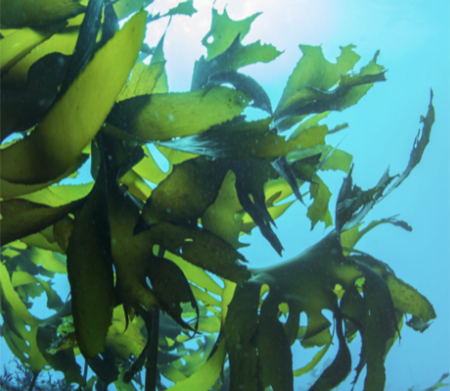
Aquafeeds
BioMar adopts microalgae into aquafeed, hits ‘major sustainability milestone’
Aquafeed supplier BioMar hits a major sustainability goal by reaching 1 million metric tons of salmon feed containing microalgae.
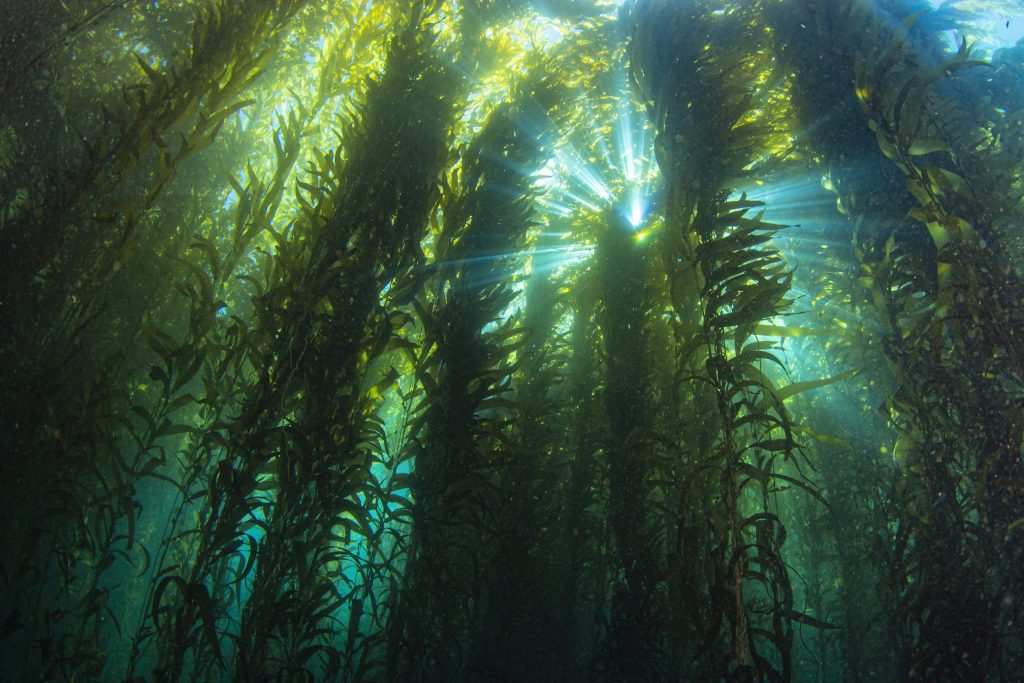
Aquafeeds
BioMar scales up inclusion of microalgae into raw materials
BioMar, a global leader in sustainable aquaculture feeds, is scaling up the inclusion of microalgae into its raw material portfolio.
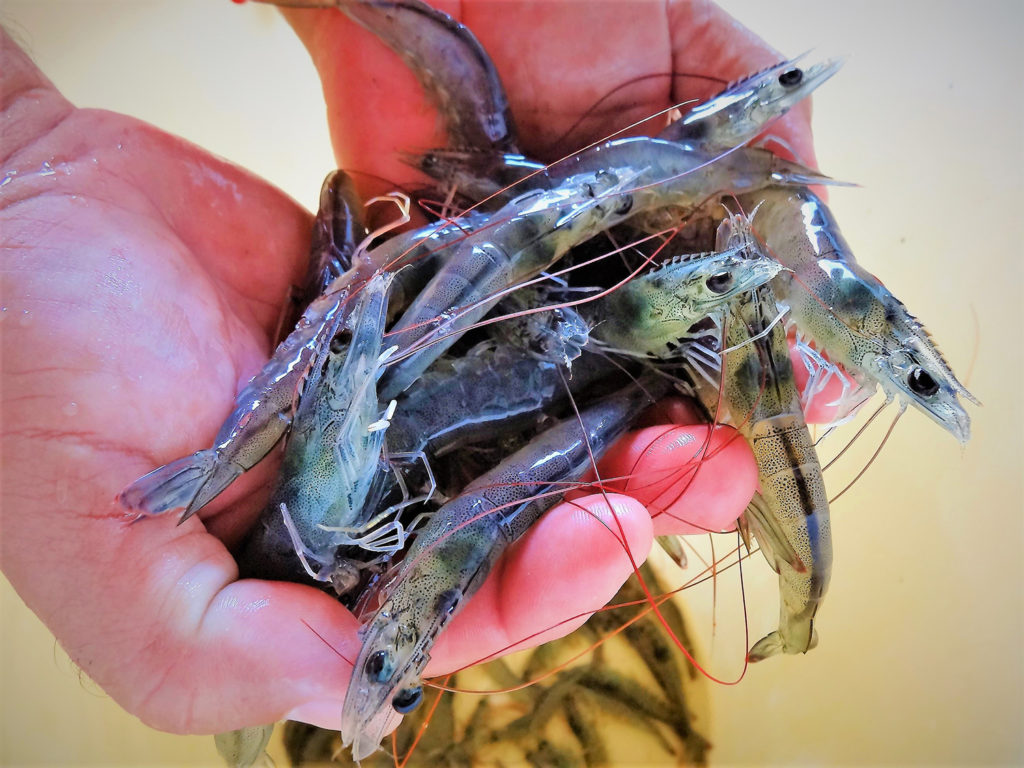
Aquafeeds
Krill meal performs well in shrimp feed experiments
A study of experimental diets for juvenile shrimp showed a halving of fishmeal usage. Limited inclusion of krill meal offset other expensive ingredients.
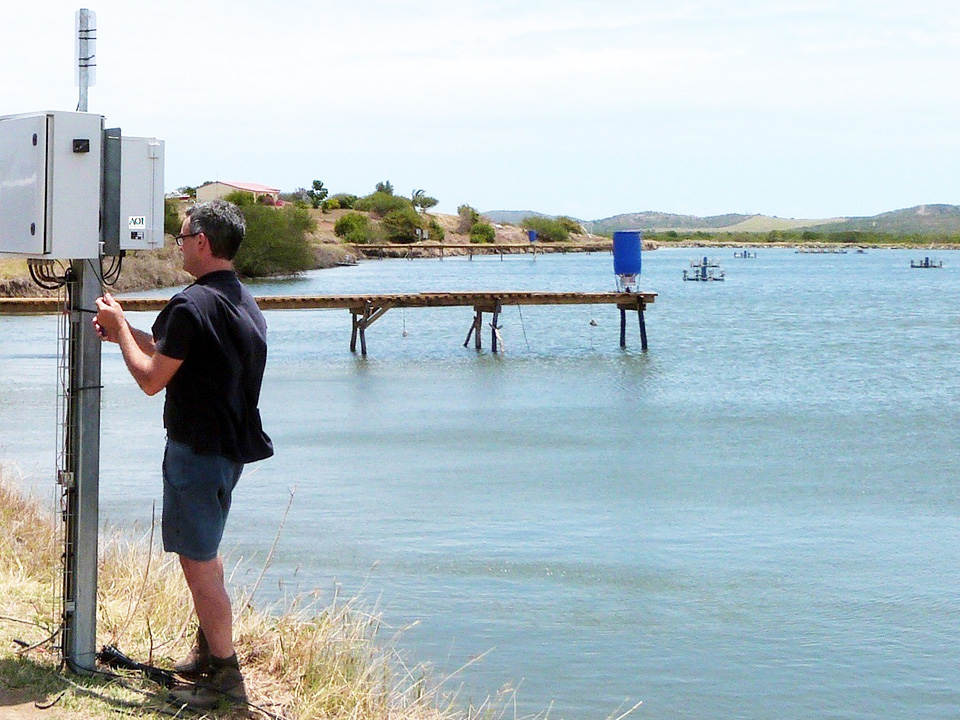
Innovation & Investment
Acoustic control improves feeding productivity at shrimp farms
In systems recently developed for shrimp farms, passive acoustic-based technology enables sensor-based control of multiple automatic feeders. Improved growth and feed conversion have been recorded at commercial farms using the technology.



